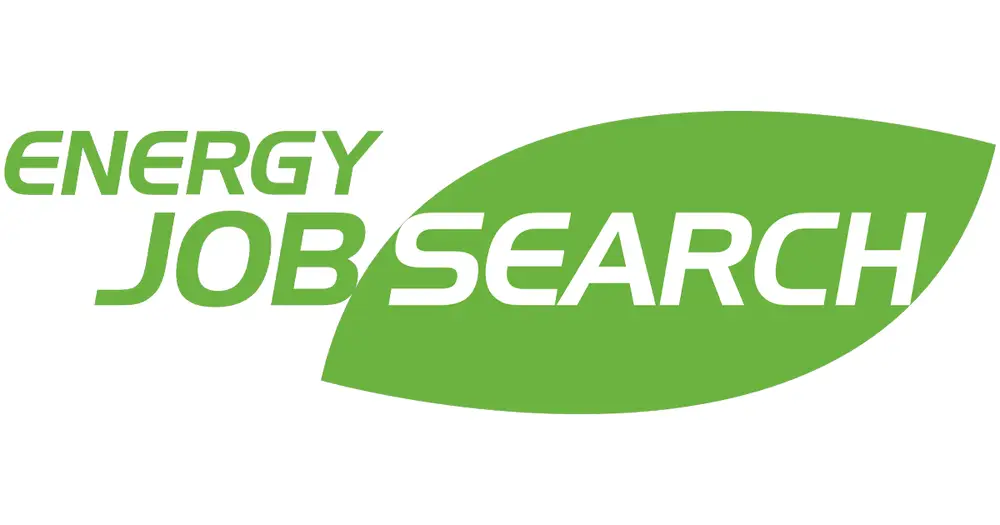In the fast-paced and ever-evolving oil and gas industry, having the right skills can make all the difference between landing a job and missing out on opportunities. As the sector continues to adapt to new technologies and environmental considerations, the demand for both traditional and modern skill sets is growing. In this blog post, we’ll explore the essential skills employers look for in the oil and gas industry, covering technical expertise, soft skills, and emerging competencies that are becoming increasingly important. Whether you’re an industry veteran or a newcomer, this guide will help you understand what it takes to succeed in this dynamic field.
Essential Skills for Oil and Gas Industry Jobs
The oil and gas sector requires a unique blend of technical knowledge, hands-on experience, and interpersonal skills. Let’s delve into the key competencies that can set you apart in this competitive industry.
Technical Skills Required for Oil and Gas Jobs
Technical skills are the backbone of any successful career in the oil and gas industry. Employers are constantly on the lookout for candidates with specific technical expertise that can help their operations run smoothly and efficiently. Some of the most sought-after qualifications include:
- Drilling Techniques and Equipment Handling: Mastery of various drilling methods and the ability to operate complex machinery are critical.
- Safety Protocols: Knowledge of industry-standard safety procedures to ensure safe operations in hazardous environments.
- Certifications: Certifications in areas such as offshore drilling, hydraulic fracturing, and environmental safety are highly valued by employers.
In-Demand Qualifications in the Oil and Gas Sector
Beyond hands-on technical skills, employers value candidates with strong analytical abilities and familiarity with industry-specific software and tools. Key competencies include:
- Geotechnical Analysis: Understanding and interpreting geological data to guide drilling operations.
- Reservoir Engineering: Expertise in managing and optimizing the extraction of oil and gas from reservoirs.
- Seismic Data Interpretation: Using seismic data to identify potential drilling sites and assess geological formations.
Soft Skills Valued by Employers in the Oil and Gas Sector
Top Skills for Oil and Gas Jobs Beyond Technical Expertise
While technical skills are crucial, soft skills play an equally important role in a successful oil and gas career. Employers look for candidates who can communicate effectively, lead teams, and solve problems efficiently.
- Communication Skills: Clear and effective communication is essential for coordinating field operations and ensuring that safety protocols are understood and followed.
- Leadership and Teamwork: The ability to lead a team and work collaboratively in high-pressure environments is vital.
- Problem-Solving and Critical Thinking: Quick thinking and the ability to solve complex problems are crucial in preventing and addressing operational challenges.
Emerging Skills in the Modern Oil and Gas Industry
Essential Skills for Energy Industry Professionals in a Changing Landscape
As the oil and gas industry embraces new technologies and shifts towards more sustainable practices, emerging skills are becoming increasingly important.
- Digital Literacy and Technology Adoption: Familiarity with digital tools, data analytics, and AI technologies can significantly enhance operational efficiency and decision-making processes.
- Environmental and Sustainability Awareness: Understanding the environmental impact of oil and gas operations and implementing sustainable practices is becoming a key competency as the industry faces increasing regulatory and public scrutiny.
How to Acquire and Highlight Skills for Oilfield Jobs
Acquiring the right skills is just the first step; knowing how to highlight them effectively can make a significant difference in your job search.
- Education and Training Programs: Enroll in reputable programs and courses that provide the necessary technical and soft skills. Look for institutions with strong industry ties and up-to-date curricula.
- Certifications and Continued Learning: Stay current with industry standards by obtaining certifications and engaging in continuous professional development.
- Building a Strong Resume and Online Profile: Showcase your skills effectively on your resume and professional networking on platforms like Oilandgasjobsearch.com. Highlight relevant experience, certifications, and achievements.
Conclusion
In the oil and gas industry, a combination of technical expertise, soft skills, and emerging competencies is essential for career success. By investing in skill development and effectively showcasing your abilities, you can enhance your employability and stand out to potential employers. Stay ahead of industry trends, continue learning, and adapt to new challenges to build a successful and rewarding career in this dynamic field.










